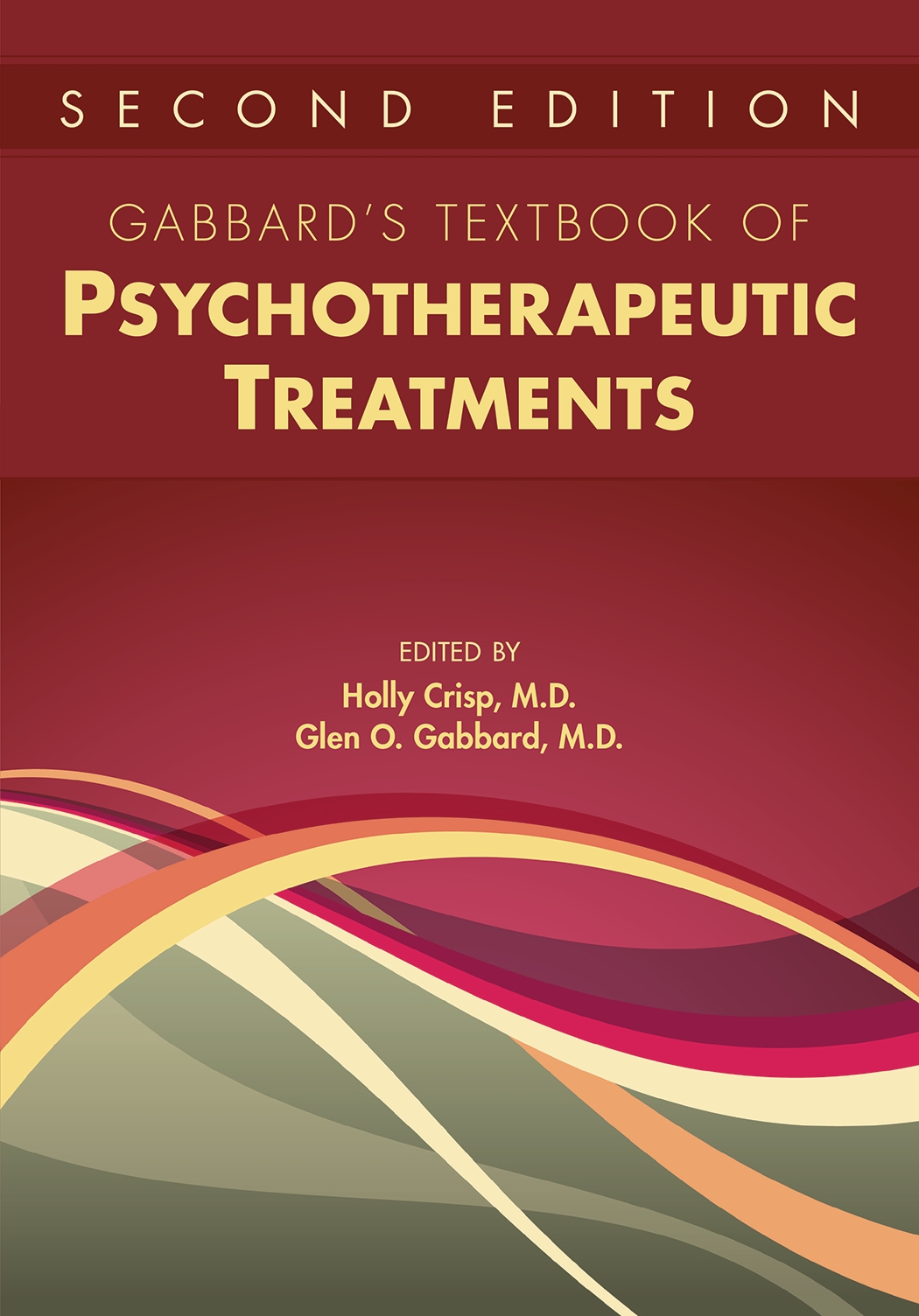Sections
Excerpt
Although we cannot yet explain the workings of the mind in the language of the brain or the process of psychotherapy in the language of the neuron, we are closer than ever before to being able to do so. The challenge for any chapter on neuroscience as it relates to psychotherapy is to demonstrate the tantalizing connections between the two without shifting into neuroscience as metaphor, on the one hand, and without forcing premature closure between the fields, on the other. In this chapter we examine a number of known neuroscience mechanisms and explore their relevance to various forms of psychotherapy.
Access content
To read the fulltext, please use one of the options below to sign in or purchase access.- Personal login
- Institutional Login
- Sign in via OpenAthens
- Register for access
-
Please login/register if you wish to pair your device and check access availability.
Not a subscriber?
PsychiatryOnline subscription options offer access to the DSM-5 library, books, journals, CME, and patient resources. This all-in-one virtual library provides psychiatrists and mental health professionals with key resources for diagnosis, treatment, research, and professional development.
Need more help? PsychiatryOnline Customer Service may be reached by emailing [email protected] or by calling 800-368-5777 (in the U.S.) or 703-907-7322 (outside the U.S.).



